Breaking
- MENU
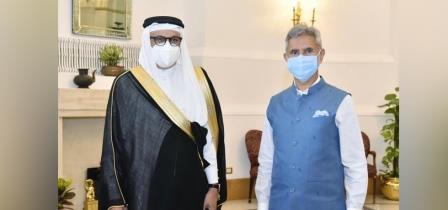
The visit of Foreign Minister of Bahrain Abdullatif bin Rashid Al Zayani to India during 6-8 April reiterates the expanding political relations between the two countries. For long, political visits between the two were fewer. The last visit of King Hamad to India took place in February 2014, while no Indian prime minister had ever visited the Kingdom since 1947.
As part of his ‘Look, West policy’ of cultivating Gulf countries, Prime Minister Modi ended the prolonged Indian indifference and visited the Kingdom in August 2019. Indeed, since 2014 there were three visits by External Affairs Ministers; two by late Sushma Swaraj in January 2016 and July 2018 and one by her successor Dr S. Jaishankar last November. In between, Home Minister Rajnath Singh visited Manama in October 2016 towards strengthening security cooperation.
During Al-Zayani’s visit, both sides held the third meeting of the Higher Joint Commission co-chaired by the foreign ministers and the Bahrain Foreign Minister also made a courtesy call on Vice-President M Venkaiah Naidu. In his meeting with his Indian counterpart, Foreign Minister Al-Zayani expressed interest in setting up pharmaceutical and vaccine production units in the Kingdom with Indian cooperation; and for its part, New Delhi is also hoping for greater access to the pharmaceutical market in Bahrain.
These moves were the spinoffs of the MoU on healthcare cooperation concluded in July 2018. Both sides also continued exploring space cooperation, including capacity building in Bahrain, as outlined in the March 2019 MoU.
In recent years, security cooperation figures prominently in the Indo-Bahraini relations and the joint statement issued during the recent visit spoke of institutionalising security dialogue through maritime security, intelligence sharing, cyber-security cooperation and periodic security consultations.
Moreover, both countries agreed to further develop their cooperation in a host of areas, including oil and gas, trade and investment, health, food security, defence, security, renewable energy, education, culture and digital technologies.
Like other oil-producing countries in the region, Bahrain is also affected by the Covid pandemic, but even after repatriation flights, about 350,000 Indians are currently employed in the Kingdom. For a long, Bahrain has taken measures towards ensuring the welfare of the Indian expatriate population, and Indian leaders do not hesitate to flag their appreciation. For its part, Bahrain thanked India for gifting 100,000 doses of Covishield vaccines.
With shrinking oil reserves, Bahrain is committed to diversifying its economy, and this provides an opportunity for India to explore non-oil cooperation with Manama. Though heavily dependent upon its bigger neighbour Saudi Arabia, Bahrain has been exploring new political and economic avenues with other countries. Moderate its approaches, Bahrain has been a staunch supporter of India and its policy of fighting externally-fostered terrorism. Manama’s recent decision to normalise relations with Israel, another friend of India in the region, offers new avenues for trilateral cooperation.
The visit of the Bahraini Foreign Minister comes at an interesting time. There is a power transition in Bahrain following the passing away of Khalifa al-Khalifa last November. King Hamad’s uncle was the longest-serving prime minister in the world and held that position since January 1970, even before Bahrain became independent and played a key role in strengthening the bilateral relations with India and visited New Delhi frequently. He is succeeded by King Hamad’s son, Crown Prince Salman. Interestingly, Dr. Jaishankar’s November visit to Manama took place within days after the power transition. Keen to reach out to the new leadership, during al-Zayani’s visit, Jaishankar reiterated Indian desire to host the Crown Prince at an early date.
Bahrain is one of the few countries in the wider Middle East that is more accommodative of its expatriate population’s religious and cultural needs. Public display of non-Muslim religious and cultural symbols could be widely noticed in the Kingdom. The Indian side thanked the government of Bahrain for the safety, security and welfare of the Indian community, especially during the Covid-19 pandemic and expressed its appreciation for facilitating repatriation flights and providing free Covid-19 vaccination to all, including the Indian community.
Note: This article was originally published in Air World Service on 10 April 2021 and has been reproduced with the permission of the author. Web Link
As part of its editorial policy, the MEI@ND standardizes spelling and date formats to make the text uniformly accessible and stylistically consistent. The views expressed here are those of the author and do not necessarily reflect the views/positions of the MEI@ND. Editor, MEI@ND: P R Kumaraswamy
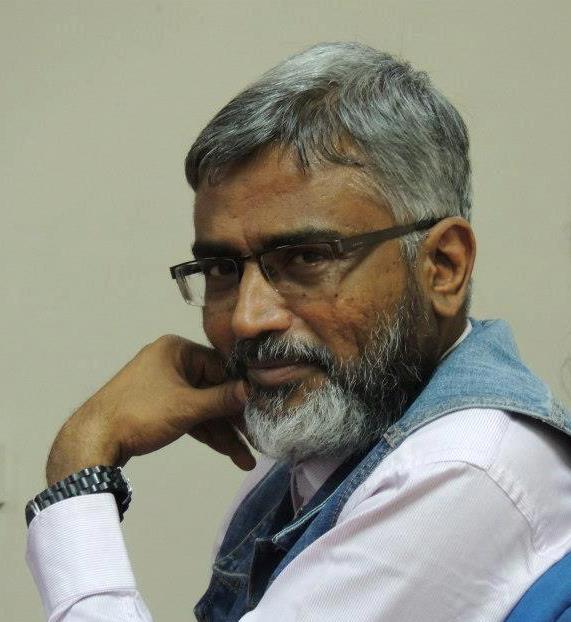
Professor P R Kumaraswamy is Honorary Director of MEI@ND.
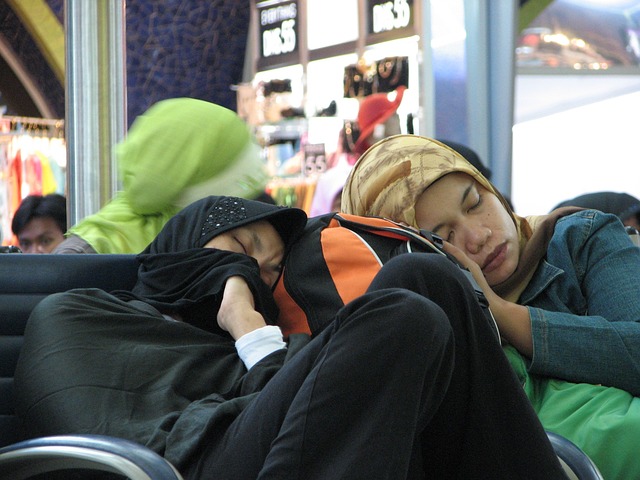
When peace is viewed as ‘surrender’, there is little one can accomplish. Without an effe.....

The magnitude of the missile attack on Israel carried out by Iran in the early hours of Sunday was u.....
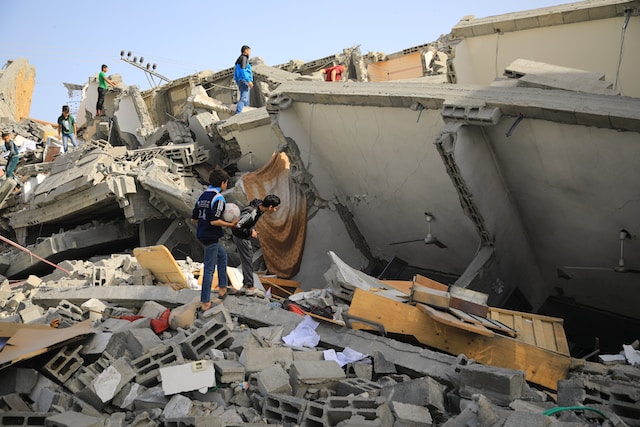
While the details are still emerging, the Hamas attacks from the Gaza Strip on Saturday were well pl.....
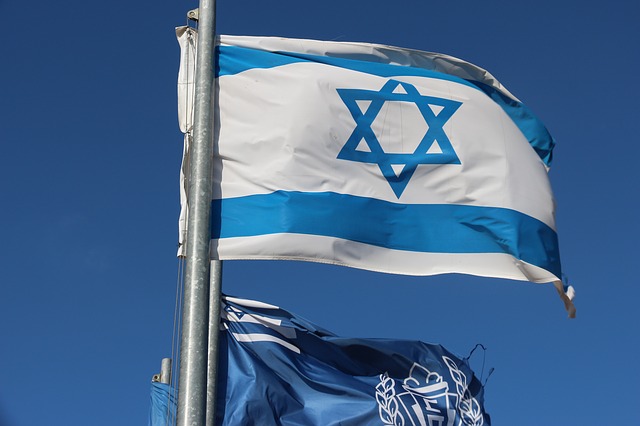
The Libyan controversy reminds us of the more significant problem facing Israel. While the scale and.....
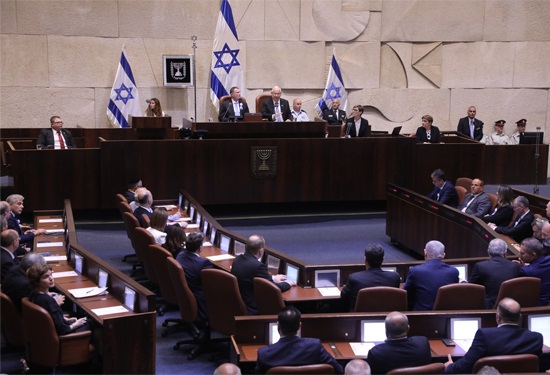
64-0! It should be an impressive vote in any country, especially in Israel, where a simple parliamen.....
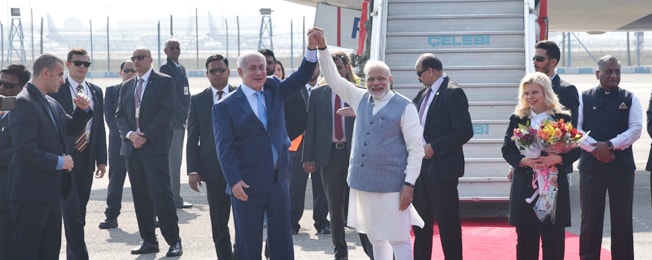
King Bibi is back! After one year in the Opposition, Benjamin Netanyahu, a close friend of Prime Min.....
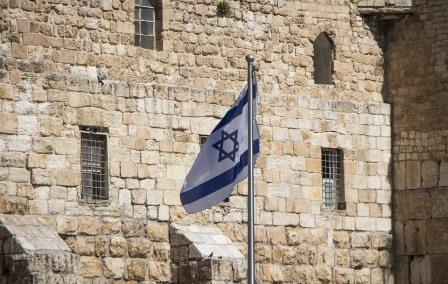
Political instability is an integral and inseparable part of Israel’s landscape. For the fifth.....
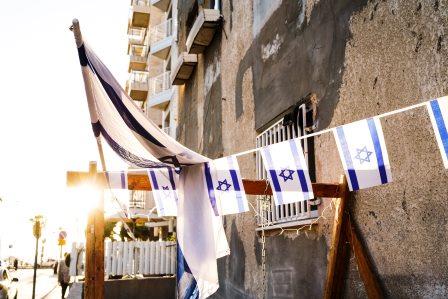
Even by the Israeli standard of coalition fragility, the Bennett-Lapid government, which completed o.....
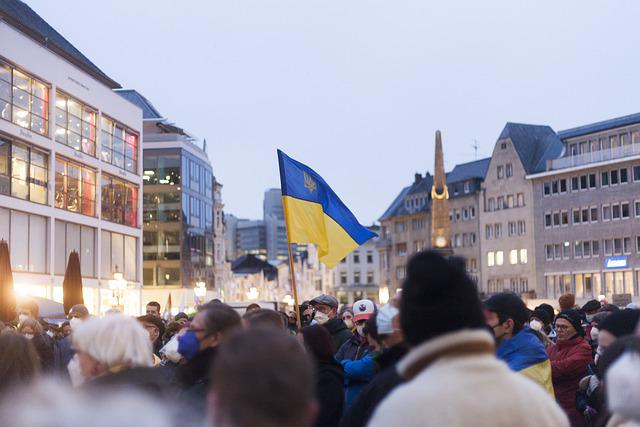
Soon to enter its fourth month, the Russian invasion of Ukraine has made irreversible damages to glo.....
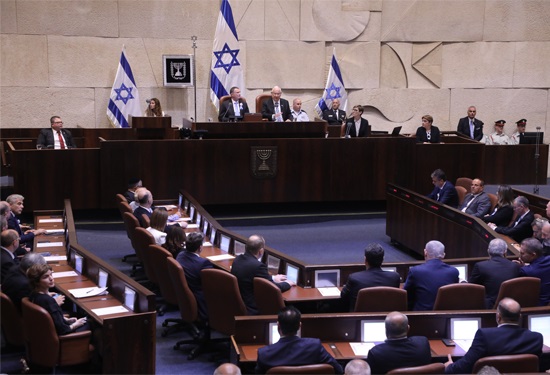
The visit of Israeli Prime Minister Naftali Bennett to India scheduled for last week had to be cance.....
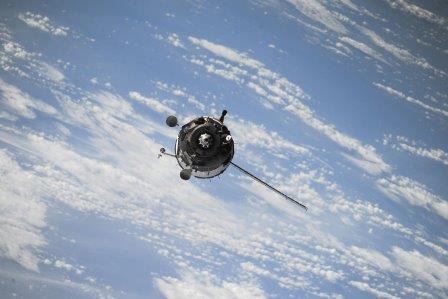
The drone attack on Abu Dhabi on Monday (January 17) by the Houthi rebels marks a major escalation o.....
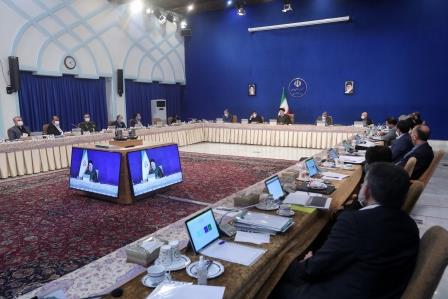
Of late, Israel-Iran shadow-boxing has been getting ominous. If Israel’s diplomatic offensive .....
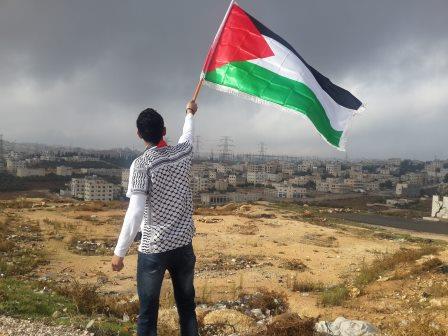
In early November, Moscow hosted Mohammed Dahlan, a former right-hand man of Palestinian leader Yass.....
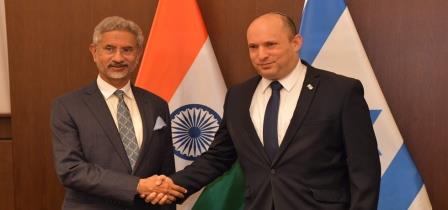
Nearly three decades after Prime Minister P V Narasimha Rao broke from the past and normalised relat.....
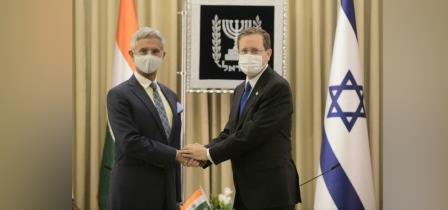
Earlier it was Pakistan and now China. So whatever India does and does not do externally has to be l.....
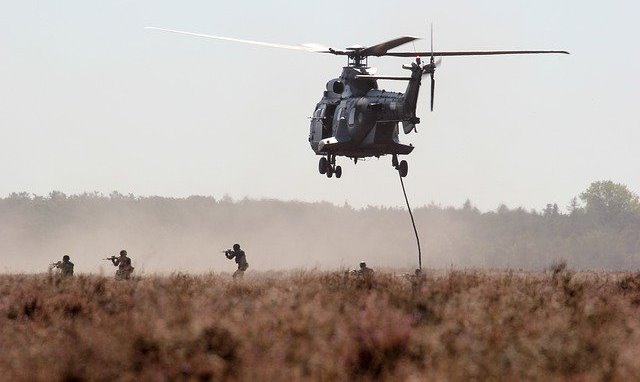
In several ways, the Taliban takeover of Afghanistan can be a game-changer in India’s worldvie.....
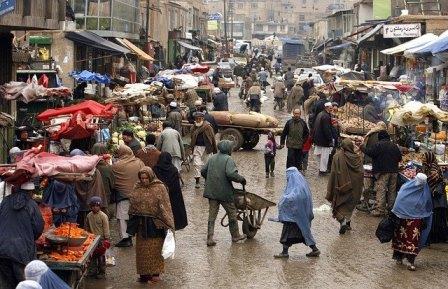
The Taliban takeover and its fallout exposed the limited diplomatic space for India in its immediate.....
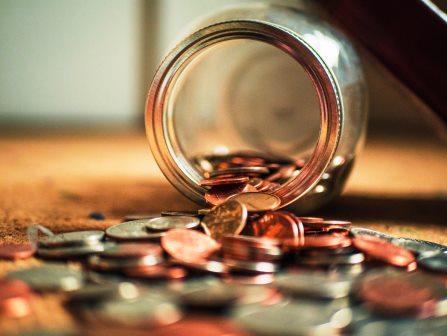
Given the travel restrictions, local lockdown and sluggish economic revival, that over three lakh pe.....
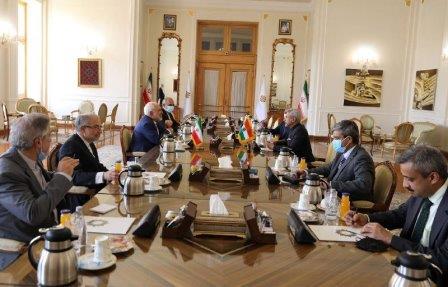
Since 2005, some critical decisions over Iran have been taken by the MEA’s US Division. So que.....
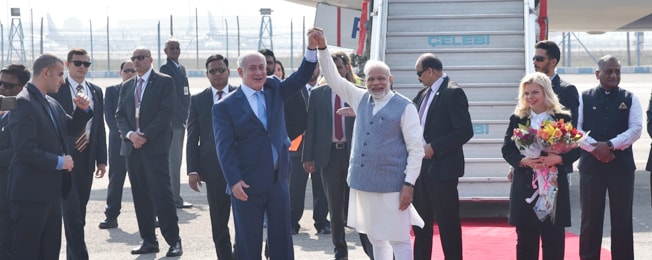
“Bibi dethroned”. This is the expression used in the Israeli media to describe the forma.....
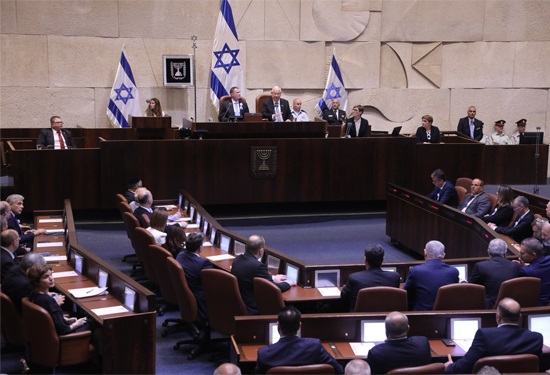
Despite having a woman prime minister in Golda Meir, female political representation in Israel has n.....
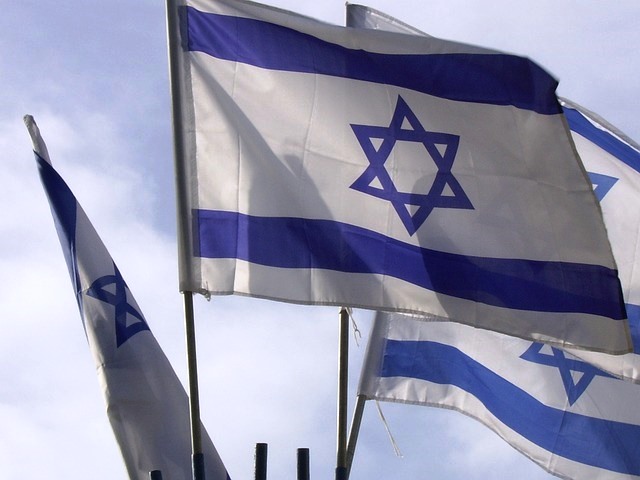
The most interesting aspect of the new Bennett-Lapid government in Israel is the emergence of Mansou.....
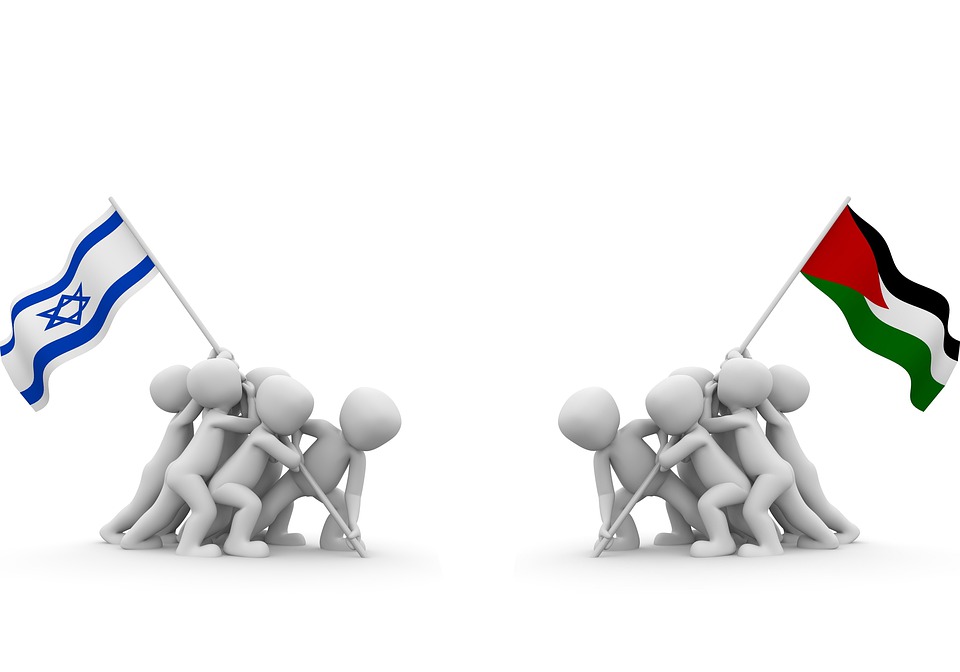
When it comes to mediating international crises, India’s track record is a mixed bag. In recen.....
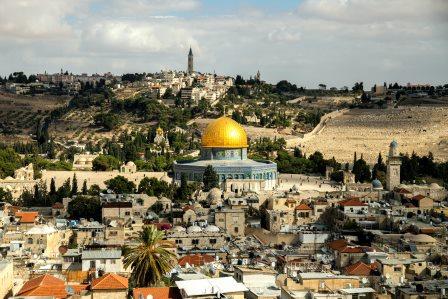
Going by the Israeli media, it is clear that the arm-twisting by the Biden Administration forced the.....
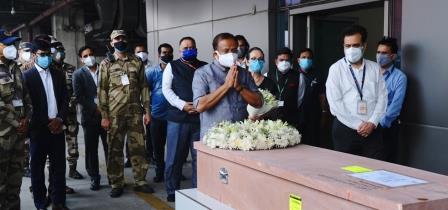
Indeed, Hamas is better placed today than it was in January 2006 and the current round of violence i.....
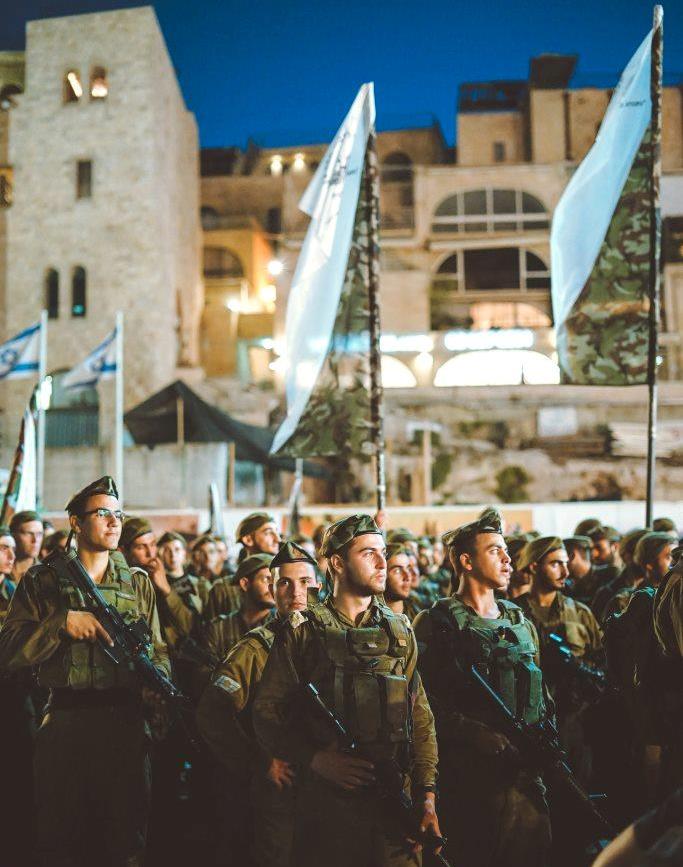
While the international community wants de-escalation and an early end to the conflict, the chances .....
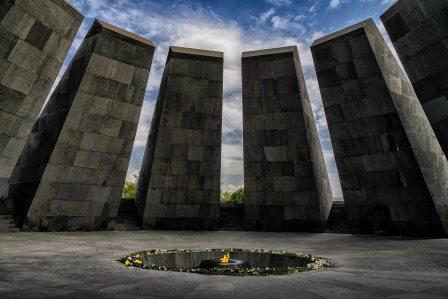
Ending the past silence, US President Joe Biden marked the Armenian Genocide Remembrance Day of Apri.....
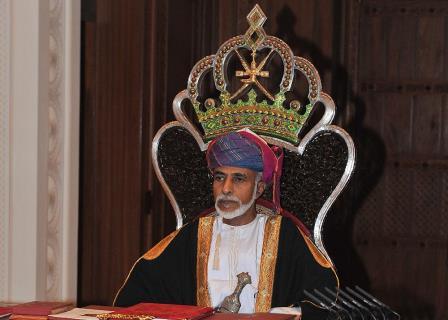
By posthumously bestowing the Gandhi Peace Prize for 2019 upon Sultan Qaboos of Oman, New Delhi seek.....
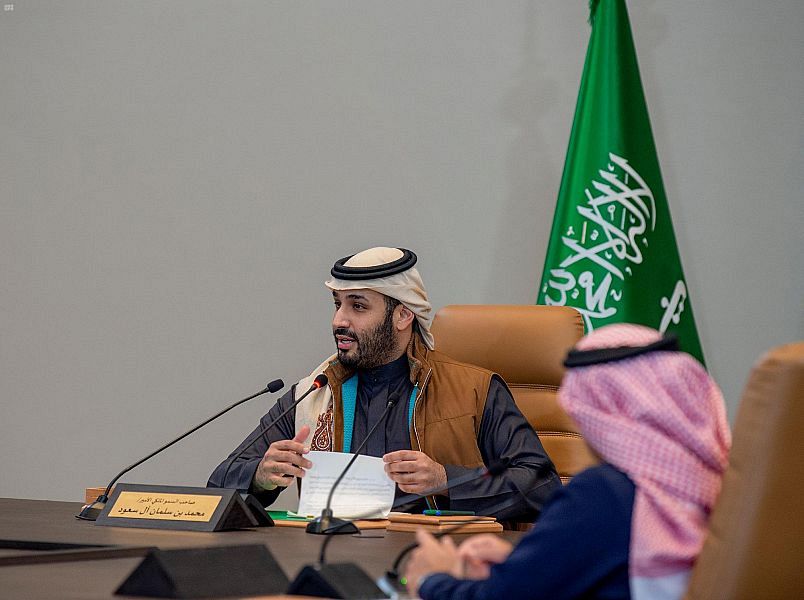
Much to the displeasure and discomfort of Saudi Crown Prince Mohammed bin Salman (more widely known .....
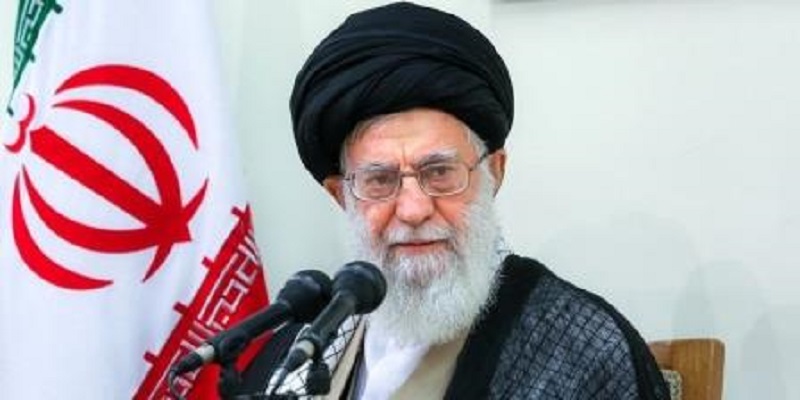
The nomination of Robert Malley, a veteran hand in Washington policy circles, as the Special Envoy f.....
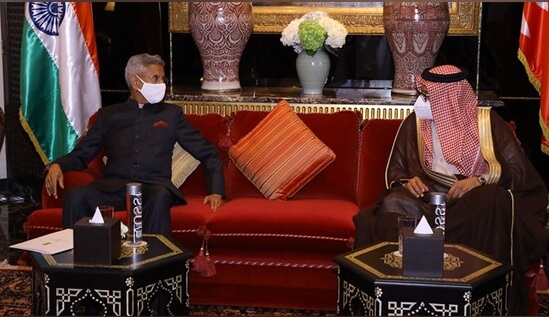
The two-day visit of External Affairs Minister S Jaishankar to the United Arab Emirates last week is.....
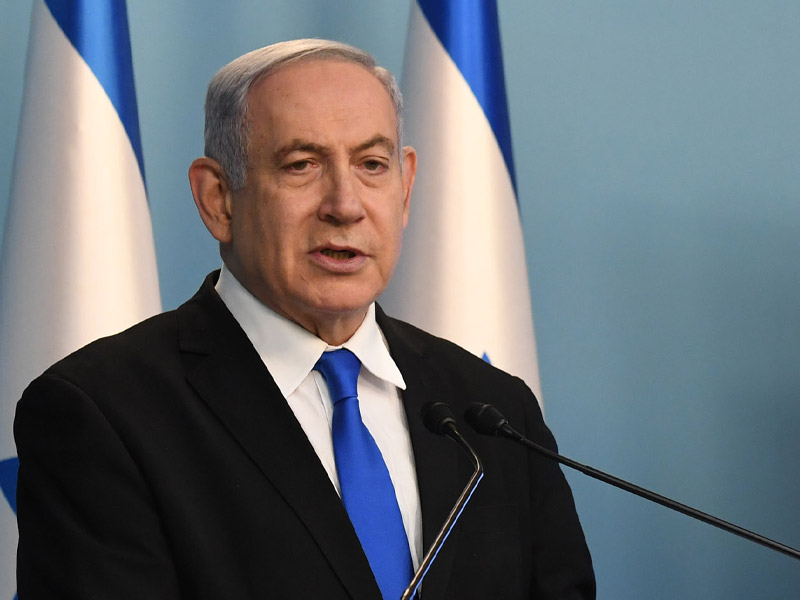
United Arab Emirates’ (UAE) decision to normalise relations with Israel is the most dramatic e.....
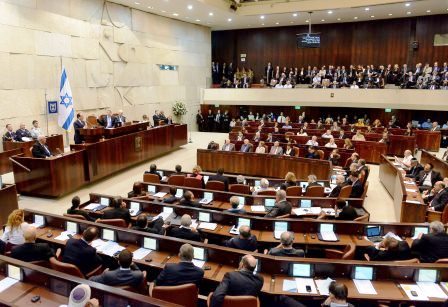
Declaring victory moments after the polling ends has become the hallmark of Benjamin Netanyahu; and .....
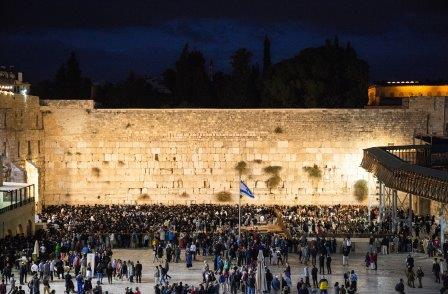
Israel went to polls for the 23rd Knesset on 2nd March. The third parliamentary elections within one.....
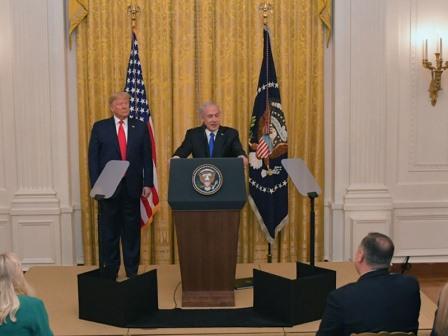
With possible removal from office hanging over their heads, US President Donald Trump and Israeli Pr.....
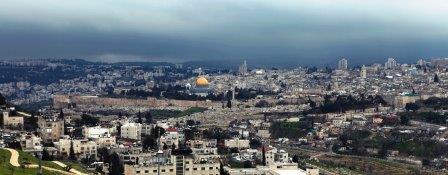
US Secretary of State Mike Pompeo’s sudden and unexpected announcement regarding Israeli settl.....

US President Donald Trump’s decision on imposing sanctions on Turkey has rocked the ever-turbu.....
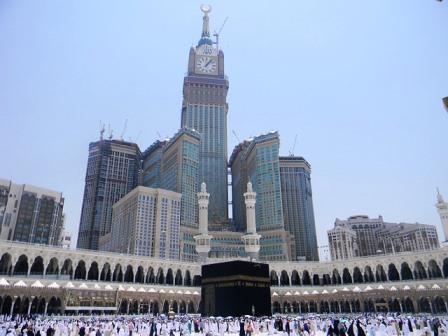
Prime Minister Narendra Modi’s two-day visit to the Kingdom of Saudi Arabia this week highligh.....
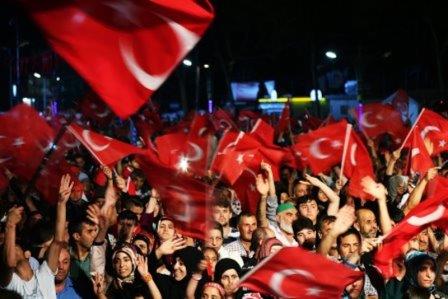
Prime Minister Narendra Modi's reported decision to postpone a planned visit to Turkey comes a c.....
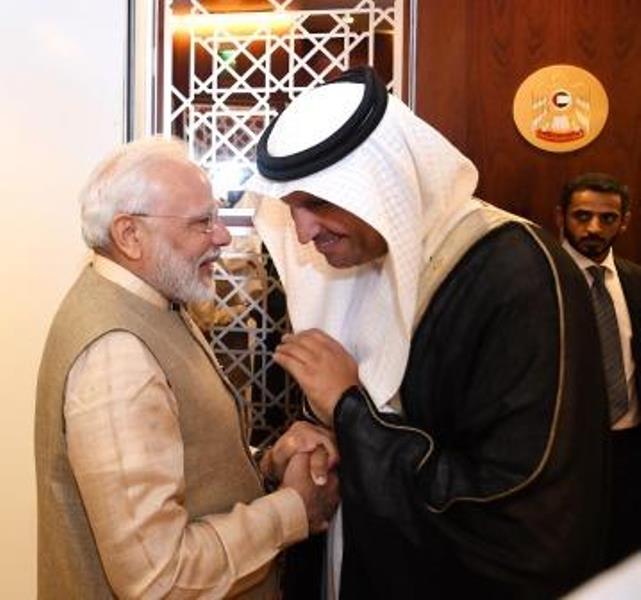
With the sole and notable exception of Pakistan, India's relations with the wider Islamic world .....
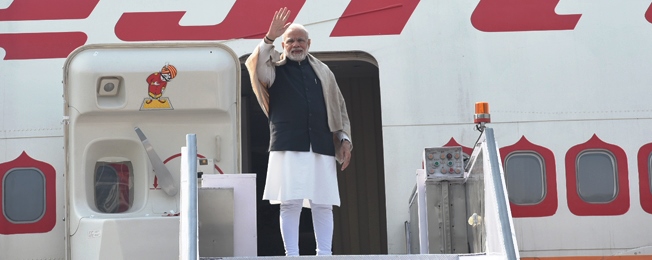
For a long time, India’s relationship with its extended neighbourhood in the Persian Gulf was .....
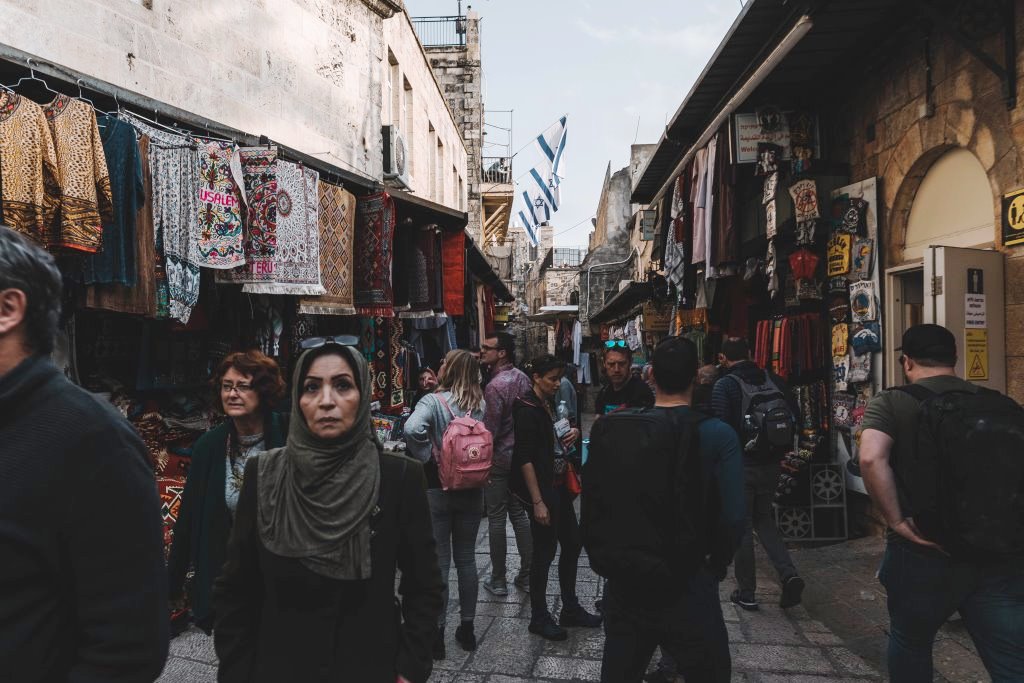
The Israeli legislative or Knesset election last week has turned out to be a rerun of the 9 April on.....
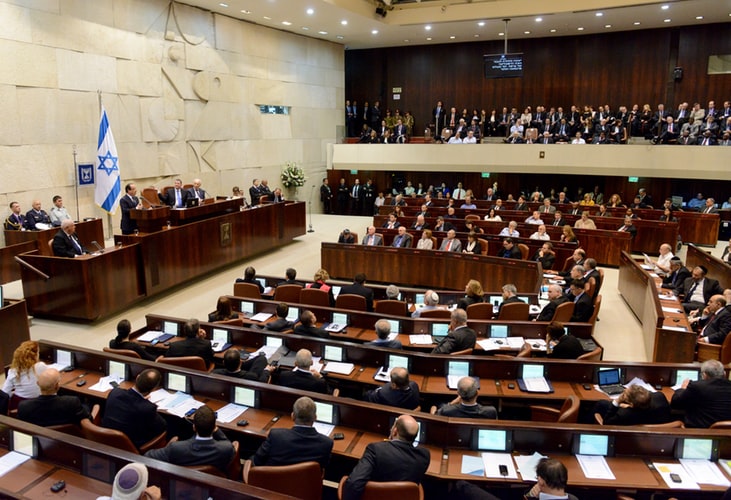
Will 2019 see a third Knesset election? This question is going rounds in Israel as it faces the seco.....
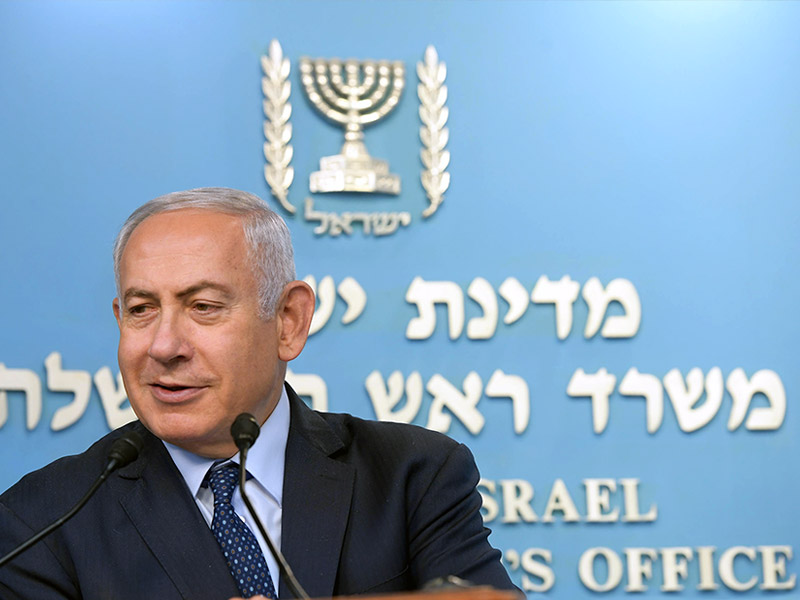
When he called Indian Prime Minister Narendra Modi to congratulate on his re-election with a landsli.....
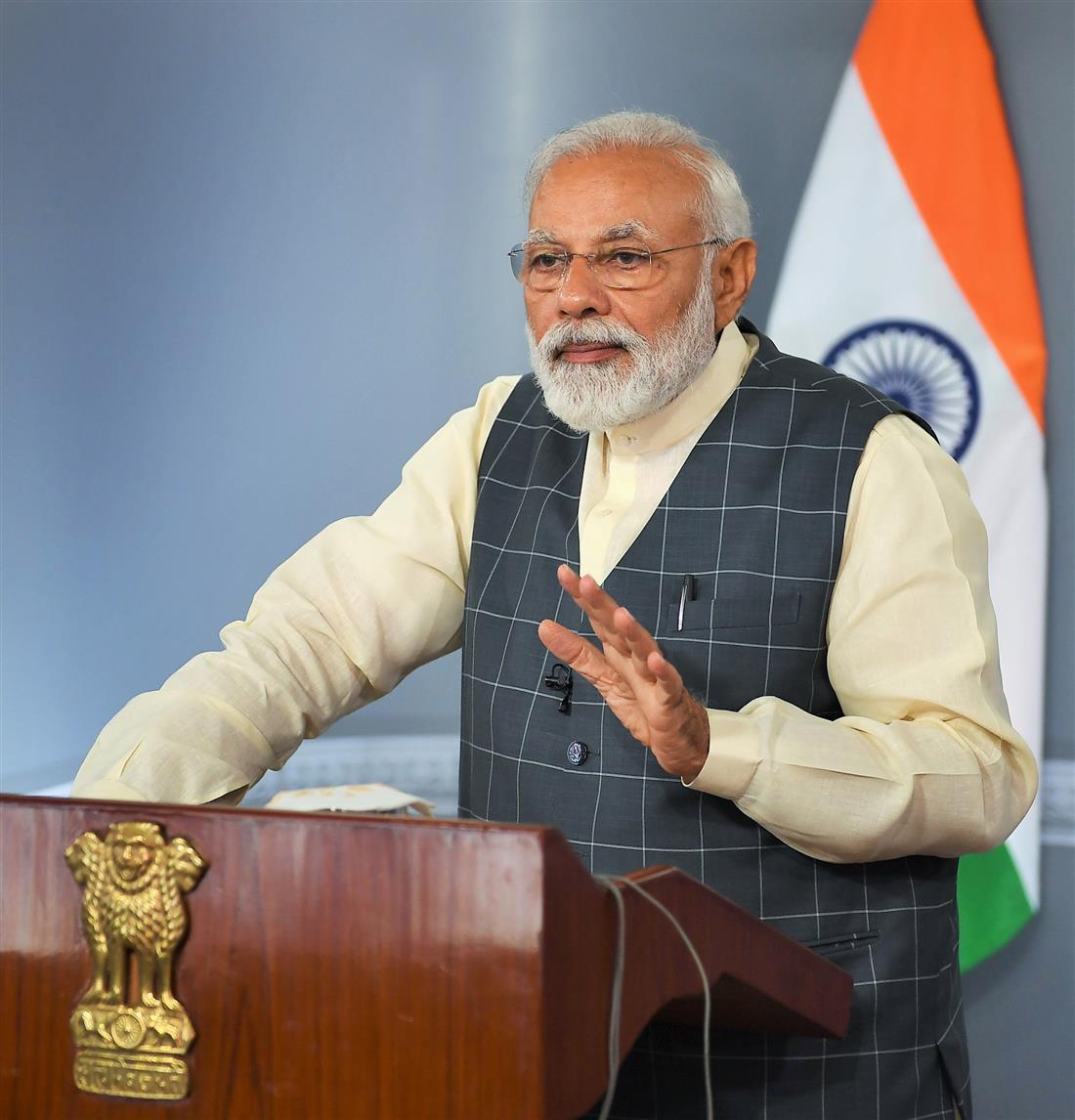
The resounding re-election of Prime Minister Narendra Modi is a blessing for India's relat.....
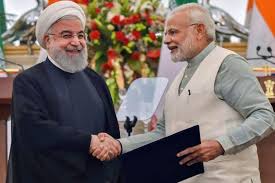
Iran is back in the news and for all the wrong reasons. It has been the unnecessary third .....
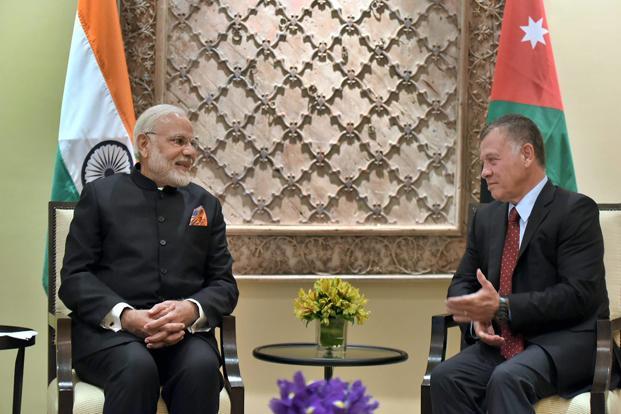
During the close to a century of its existence, the Hashemite Kingdom of Jordan has been, as former .....

In their eagerness to focus on and flag the de-hyphenation of the traditional Israel-Palestinian bin.....
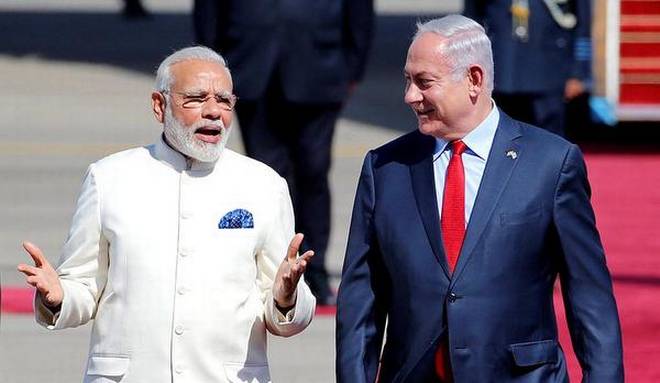
In the closely scrutinised India-Israel relationship, there is little in the public domain that rema.....
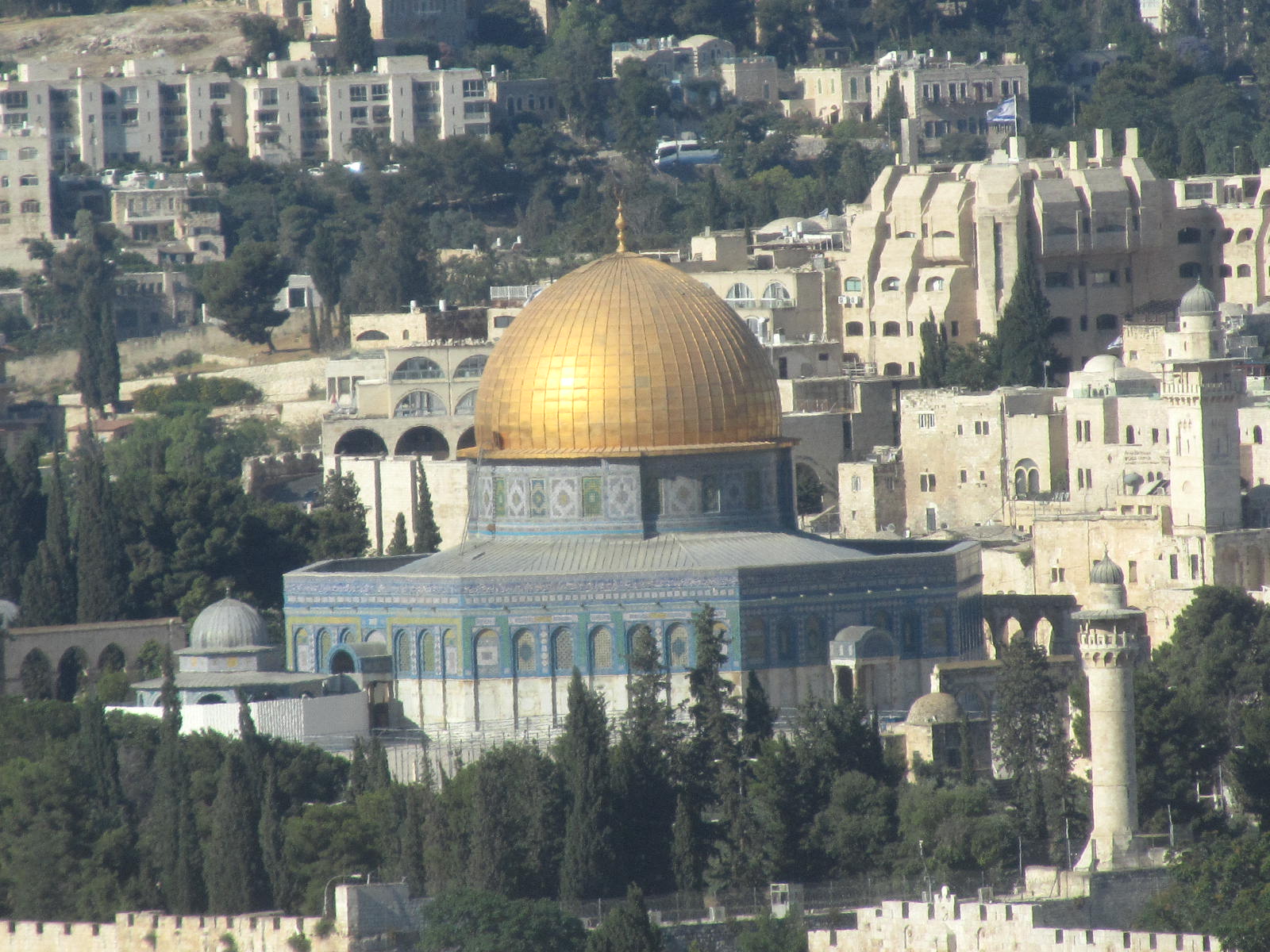
You know what, it will go to the dustbin’ my articulate friend was blunt, brutal but.....

Balfour Declaration, A Century Later If one were to make a list of the most influential.....
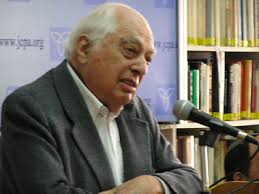
Professor Bernard Lewis—a towering personality on the Middle Eastern academic landscape—.....
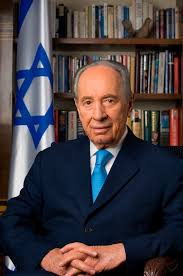
B orn in Poland on 2 August 1923, Szymon Persk who later Hebraised his name as Shimon Peres was the leader.....
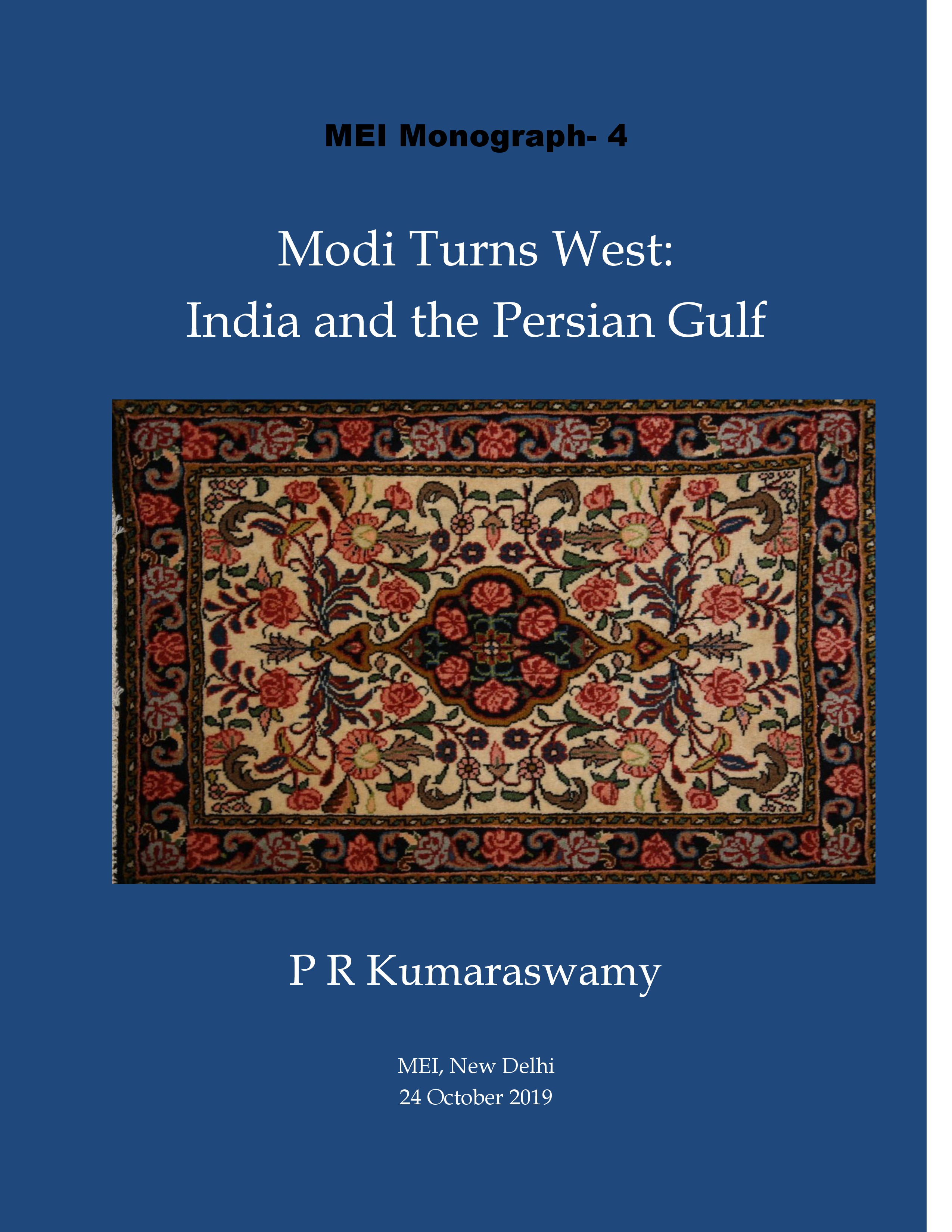
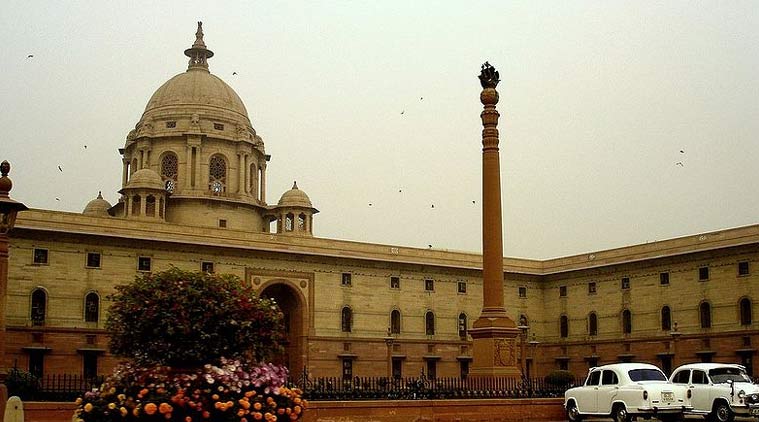
W hat What began as a protest by a marginalized vegetable vendor in Sidi Bouzid in Tunisia soon spread lik.....
